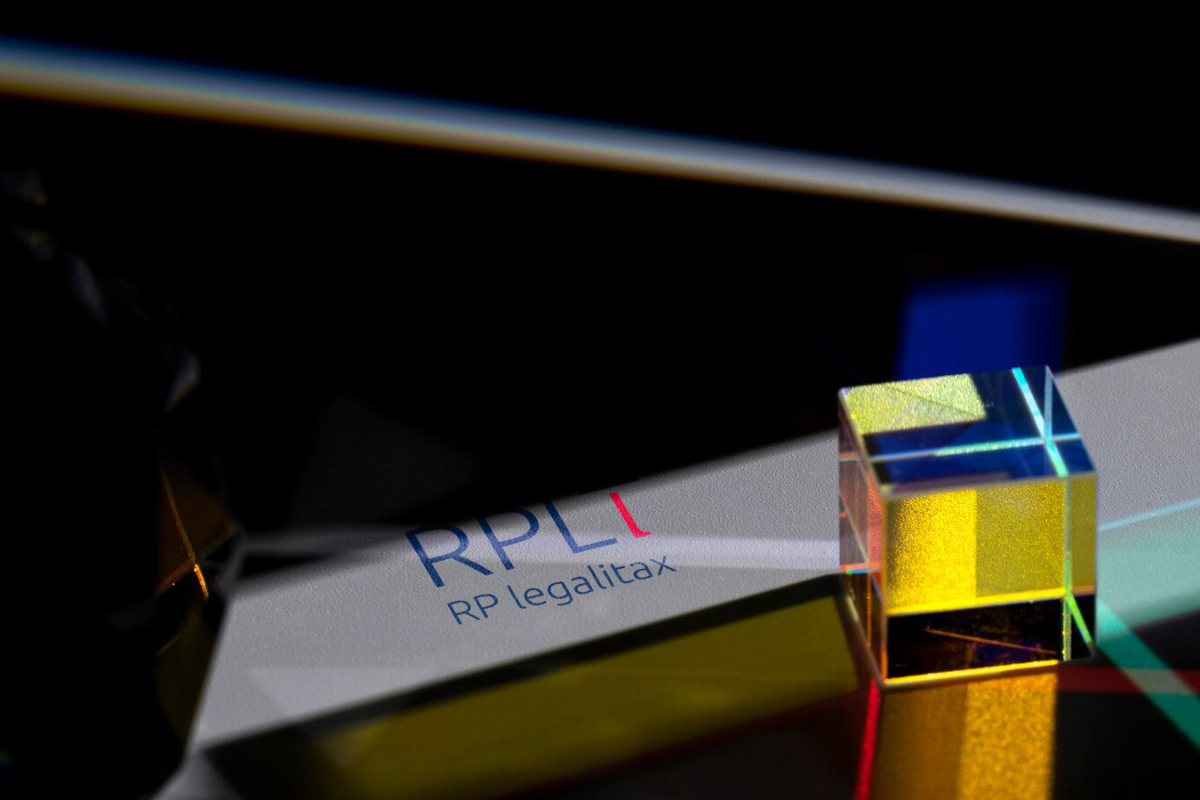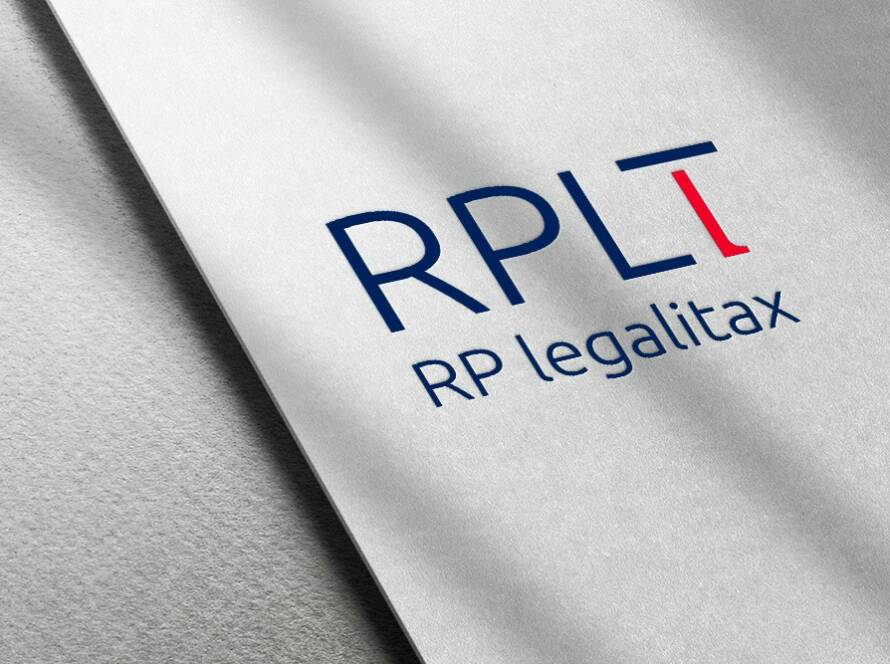What are the characterizing elements of Patto Leonino according to the Italian Supreme Court?

The Italian Supreme Court ruled once again on the controversial issue of the so called Divieto di Patto Leonino, the principle set forth in Article 2265 of the Italian Civil Code, which provides that an agreement by which one or more shareholders are excluded from any participation in profits or losses is null and void. Such principle is extremely relevant in all shareholder agreements, and in particular in the venture capital sector.
In this specific case, a company challenged before the the Italian Supreme Court a judgment of the court of appeal, claiming that the clause contained in a exchange of shares agreement (permuta azionaria), whereby one shareholder indemnified the other if the value of the transferred shares was lower than the agreed threshold at a certain date, violated the principle of Article 2265 of the Italian Civil Code and was therefore null and void.
First of all, the Italian Supreme Court discussed the validity of a shareholders’ agreement which, by means of a put option clause, allows the shareholders to be guaranteed payment of their shares at a predetermined price, considering it valid and deserving protection. Such an agreement, indeed, is not limited to a mere “absolute and constant” guarantee of the profitability of the shares of the beneficiary of the option, but constitutes a possible guarantee within an exchange of shares agreement.
Subsequently, the Italian Supreme Court reaffirmed an already established principle, according to which the main feature of Patto Leonino is that the distortion of the shareholder’s role upon its stipulation must be absolute, i.e. it must result in a complete alteration of the corporate structure, and it must be constant, i.e. the effect of the alteration must be irreversible as a consequence of the prohibited agreement and must not result in a transitory alteration of the shareholder’s property rights.
Therefore, the Italian Supreme Court confirmed the judgment of the court of appeal, considering that the clause involved in the dispute did not constitute a breach of Divieto di Patto Leonino.
Interested in features of a shareholders’ agreement under Italian law and on how to draft valid put and call options?






